General Phan Van Giang said that in June 2014, Vietnam officially sent forces to participate in United Nations peacekeeping operations.
Vietnam has sent nearly 1,100 officers and professional soldiers (including 13 police officers) to perform UN peacekeeping missions at the UNMISS Mission (South Sudan), MINUSCA Mission (Central African Republic), UNISFA Mission (Abyei region), EUTM-RCA Mission (European Union Training Mission in the Central African Republic) and the United Nations Headquarters.
Vietnamese forces have been completing their missions excellently, receiving high appreciation from United Nations leaders, Mission Commanders, host governments and the international community.
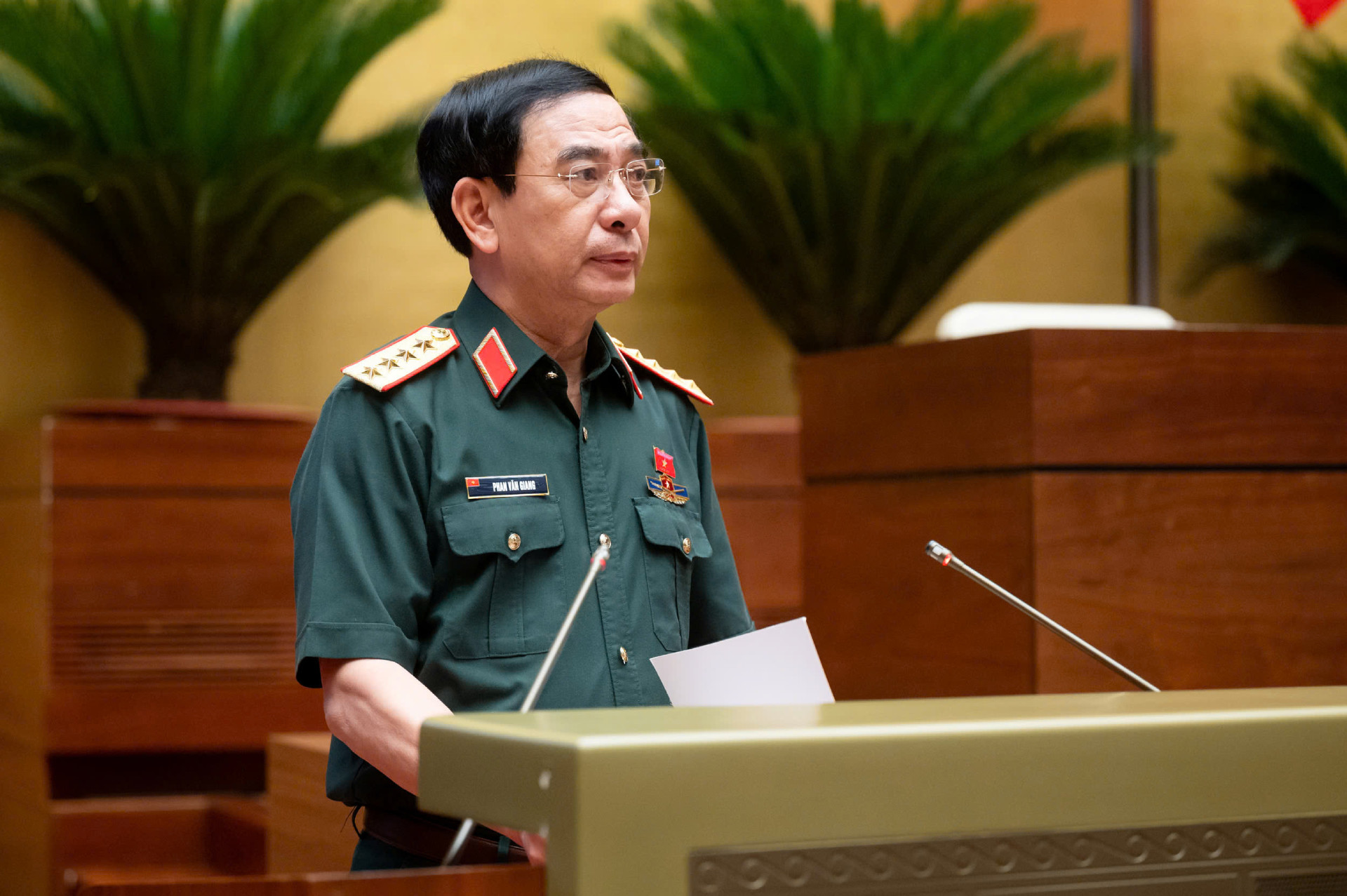
The Minister of National Defense stated that the draft law stipulates principles, subjects, forms, and fields; building and deploying forces; ensuring resources, regimes, and policies; international cooperation on United Nations peacekeeping and the responsibilities of agencies and organizations in participating in the force.
Subjects include: Officers, professional soldiers, defense workers and civil servants, non-commissioned officers, soldiers and units under the Ministry of National Defense; Officers, professional non-commissioned officers, technical experts, police workers, soldiers and units under the Ministry of Public Security assigned to participate in the United Nations peacekeeping force.
In addition, there are also cadres, civil servants and state employees assigned to join the force. Thus, the draft has expanded the scope of civilian participants.
According to the drafting agency, at a number of high-level meetings, UN leaders have suggested that Vietnam consider expanding the force, scope, location, and participants in peacekeeping operations, including civilian leadership positions, civilian experts at field missions, and civilian positions at the UN Secretariat.
Through assessment, sending civilians to participate in peacekeeping forces will bring many potential benefits to Vietnam. The addition will help mobilize more human resources to participate more deeply in peacekeeping activities, especially in leadership positions and positions at policy-making bodies of the United Nations, thereby helping to expand the influence and enhance the position and role of Vietnam in the international arena.
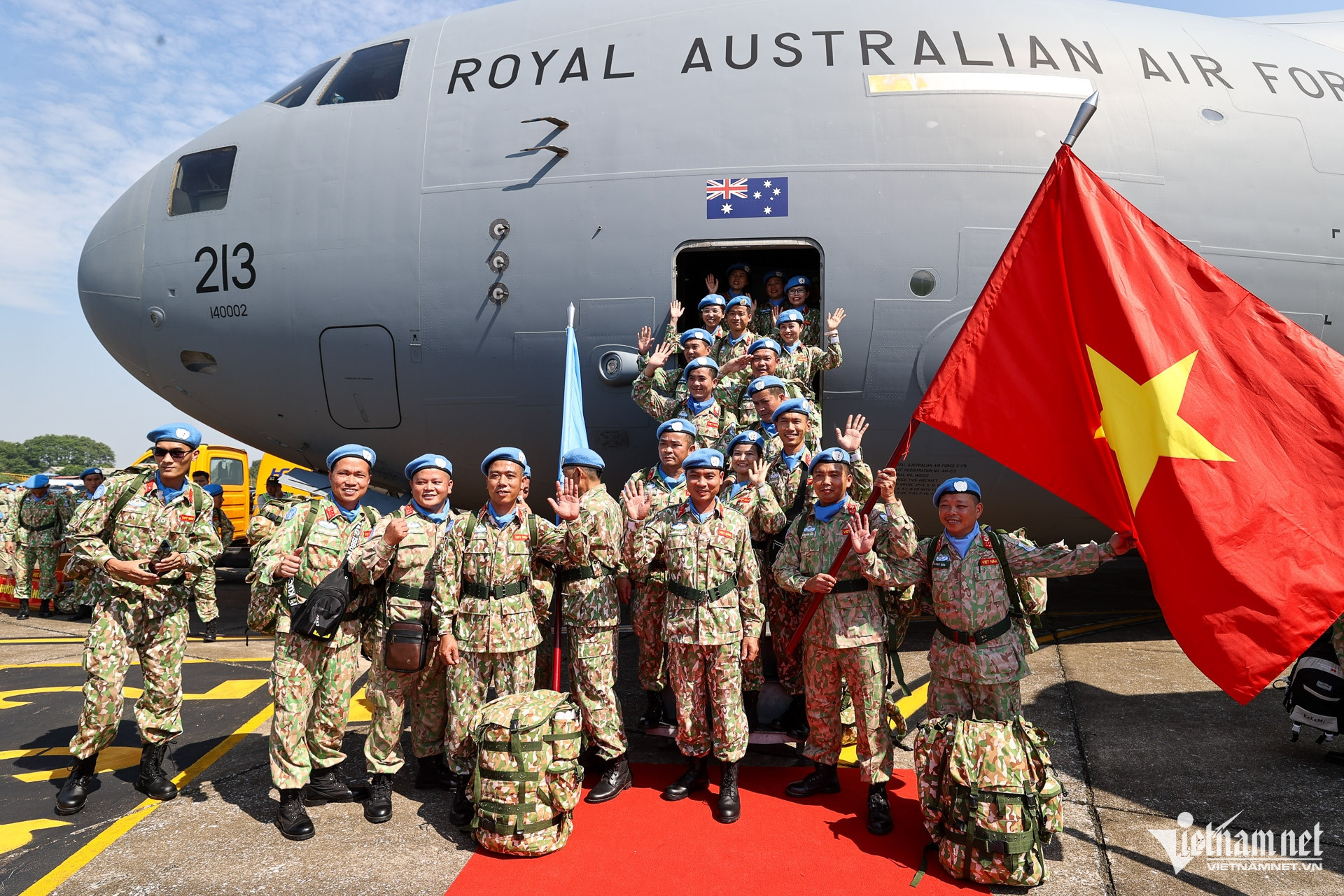
The regulation on prohibited acts in participating in peacekeeping forces is a new regulation. In fact, the national consciousness, sense of responsibility and sense of organization and discipline of individuals and units participating in the United Nations peacekeeping force are very good.
However, based on the position and role of this force as a representative of Vietnam, it is necessary to have regulations on prohibited acts when participating in the United Nations peacekeeping force for national security, social order and safety and Vietnam's reputation in the international arena.
In addition to this content, the draft law also adds preferential regimes and policies for peacekeeping forces, including a specific mechanism to ensure the procurement of goods and equipment for force deployment. At the same time, the draft law also mentions international cooperation policies in peacekeeping activities, including training and fostering forces; exchanging expertise and skills; and organizing joint training.
Examining the draft law, the National Defense, Security and Foreign Affairs Committee basically agreed to add the subject of application as "officials, civil servants and public employees". Although this is new content, it is suitable for practical requirements and in accordance with the United Nations' regulations on the appointment of civil servants...
There are suggestions to supplement general regulations on Vietnamese forces participating in peacekeeping activities, including direct forces and indirect forces. This will serve as a basis for the regulation of regimes and policies that are complete, appropriate to the subjects and participants.
The Committee on National Defense, Security and Foreign Affairs recommends that the drafting agency conduct research to make regulations strict, suitable and convenient for implementation.
Source: https://vietnamnet.vn/de-xuat-can-bo-ngoai-nganh-cong-an-quan-doi-tham-gia-gin-giu-hoa-binh-2401057.html


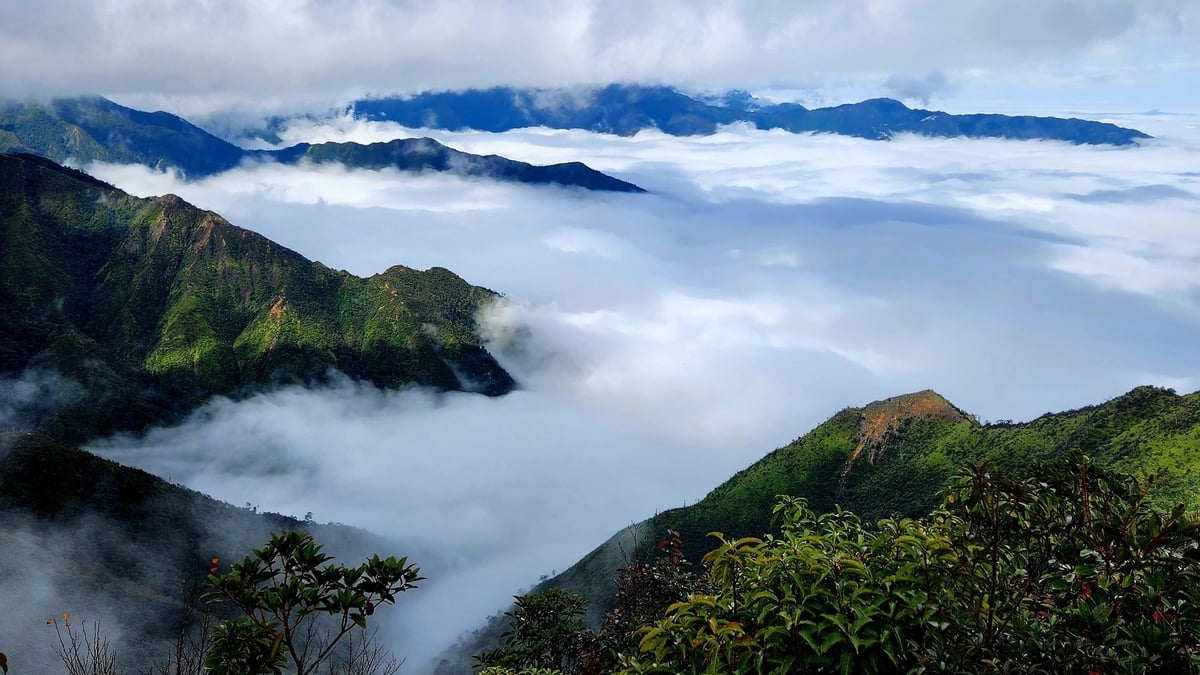





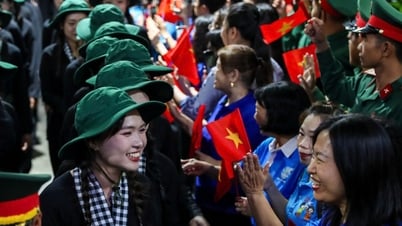

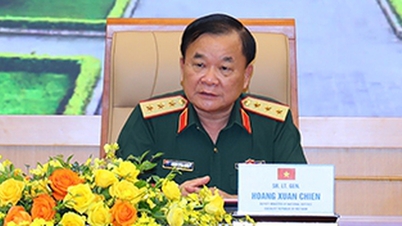
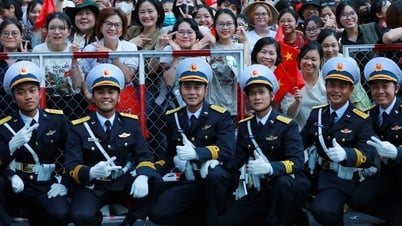
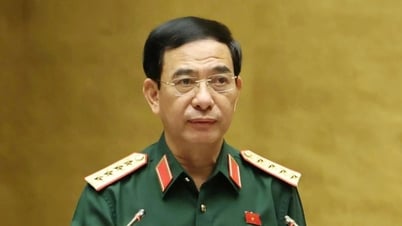
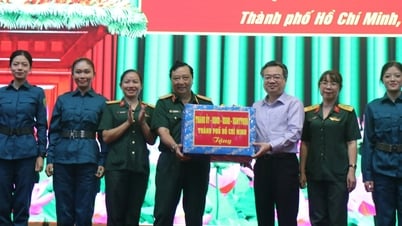
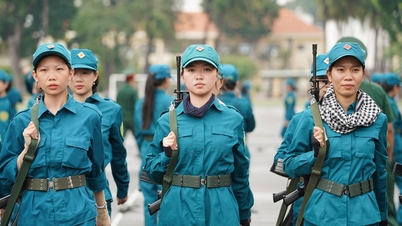





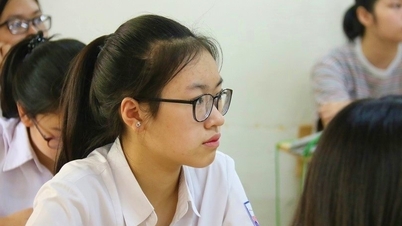

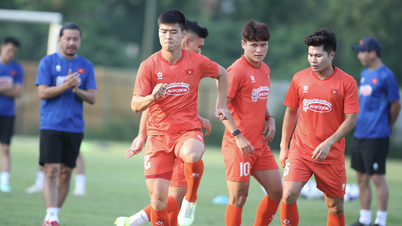
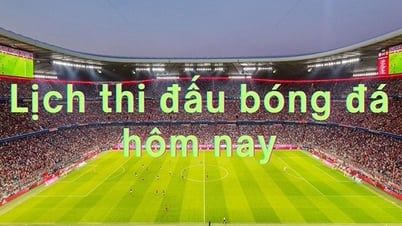
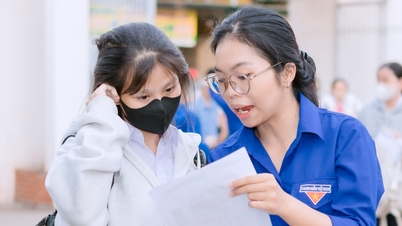
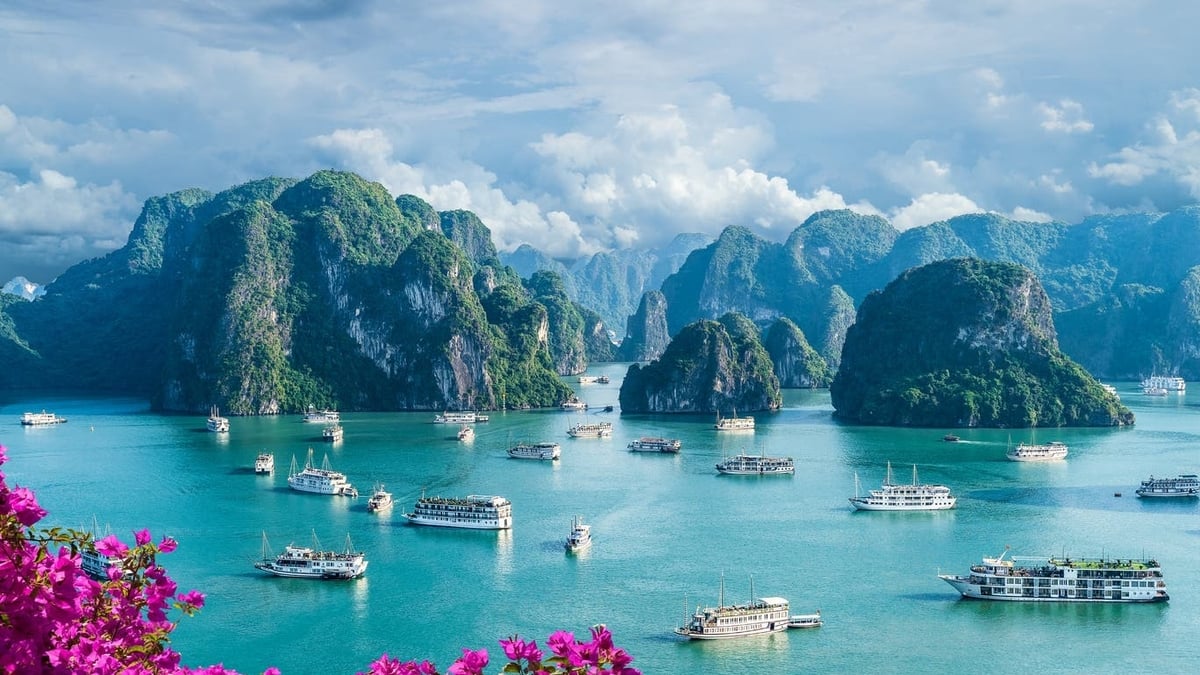
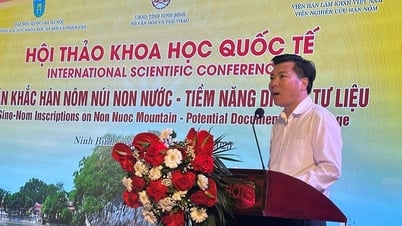



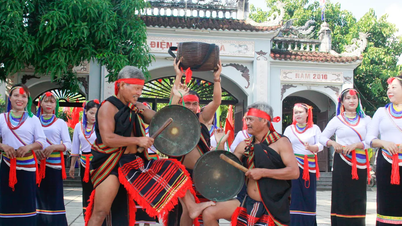

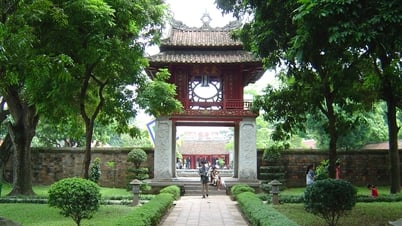

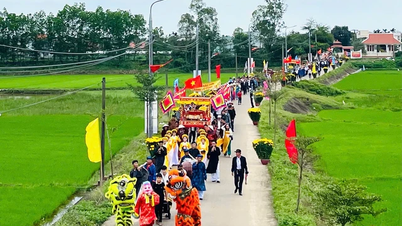

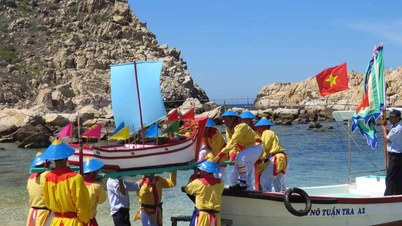







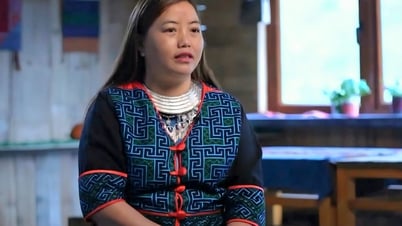
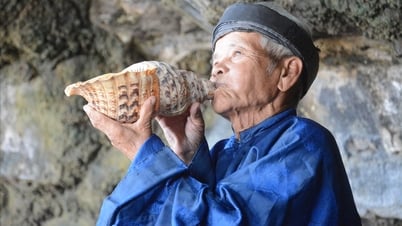

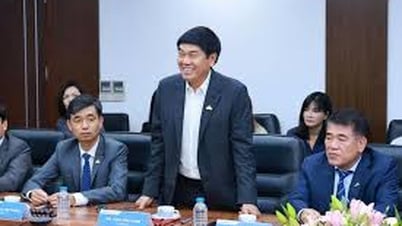
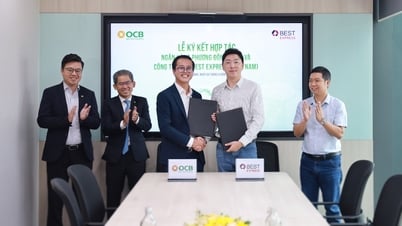

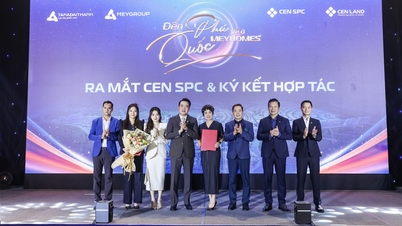
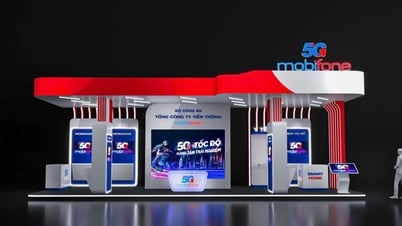

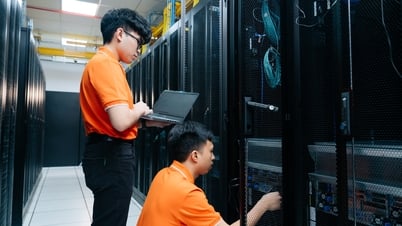
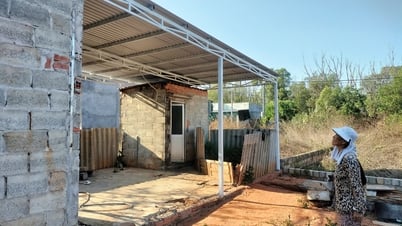




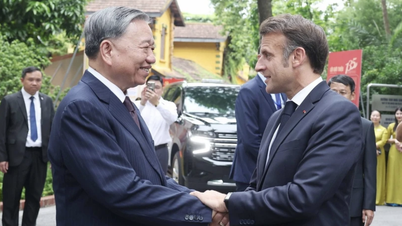

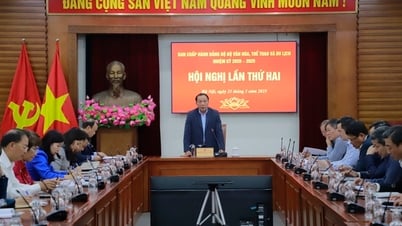

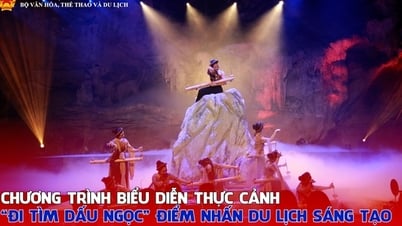
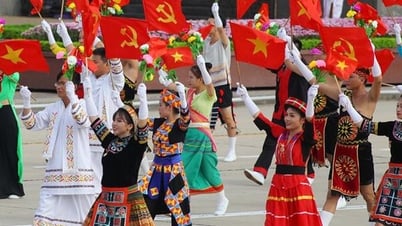
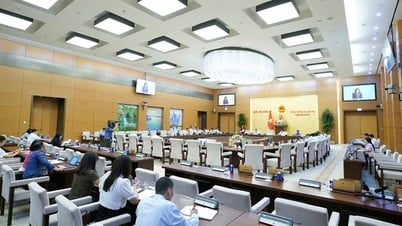
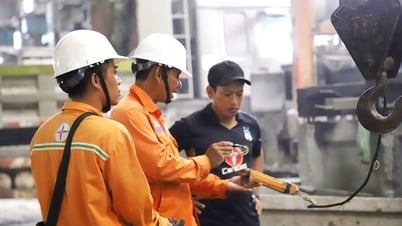


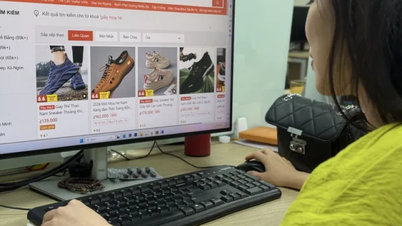

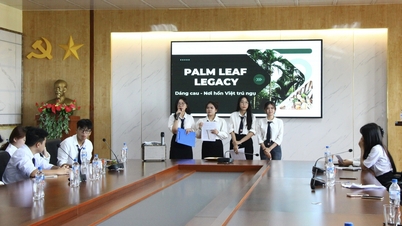

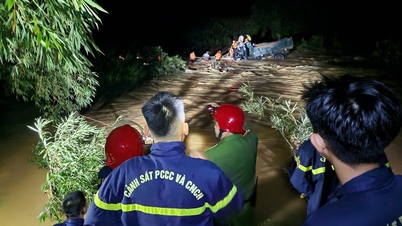

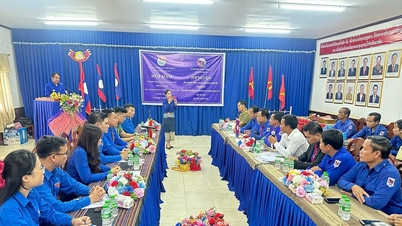

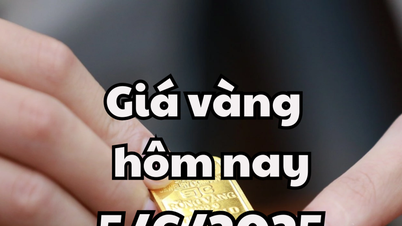








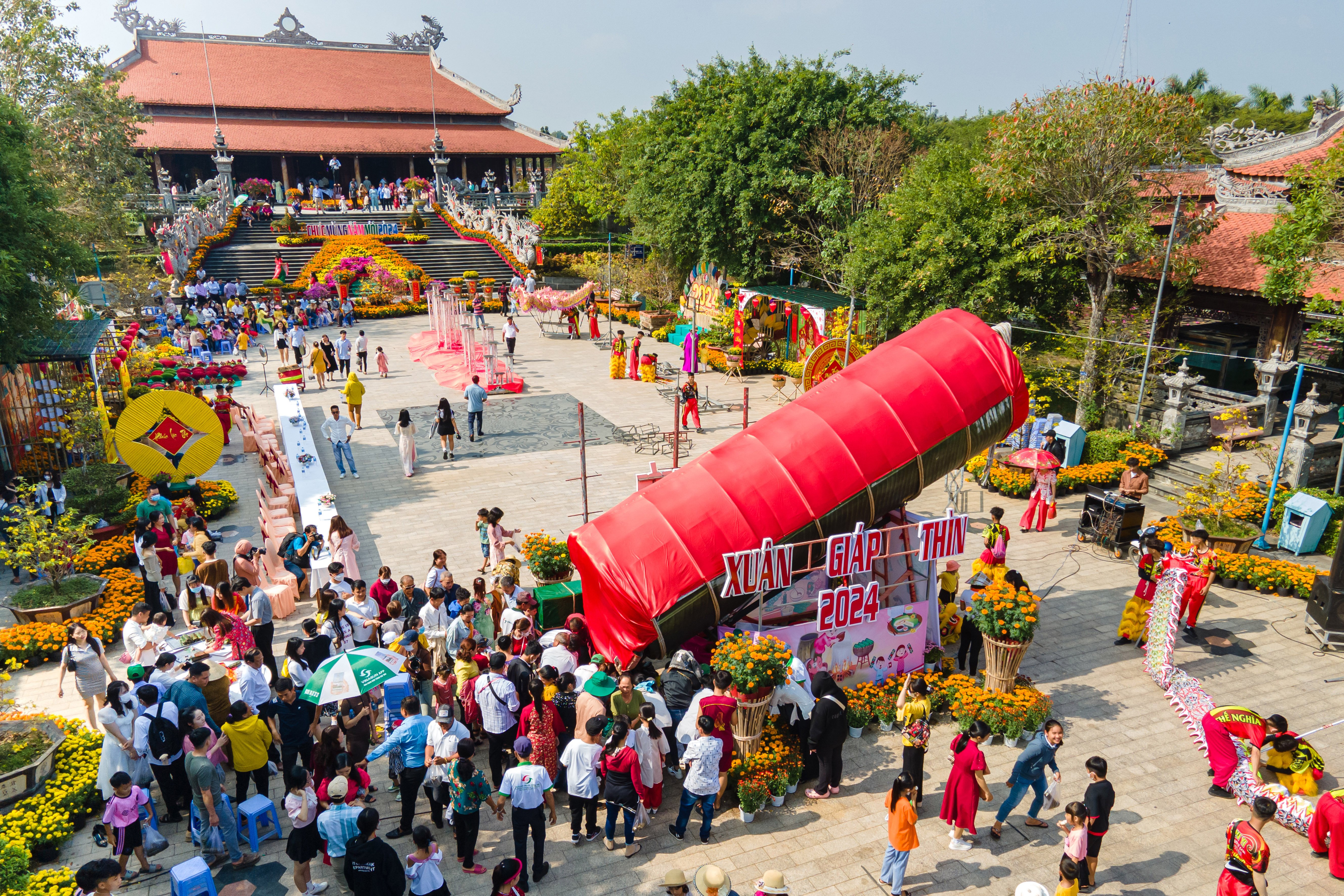
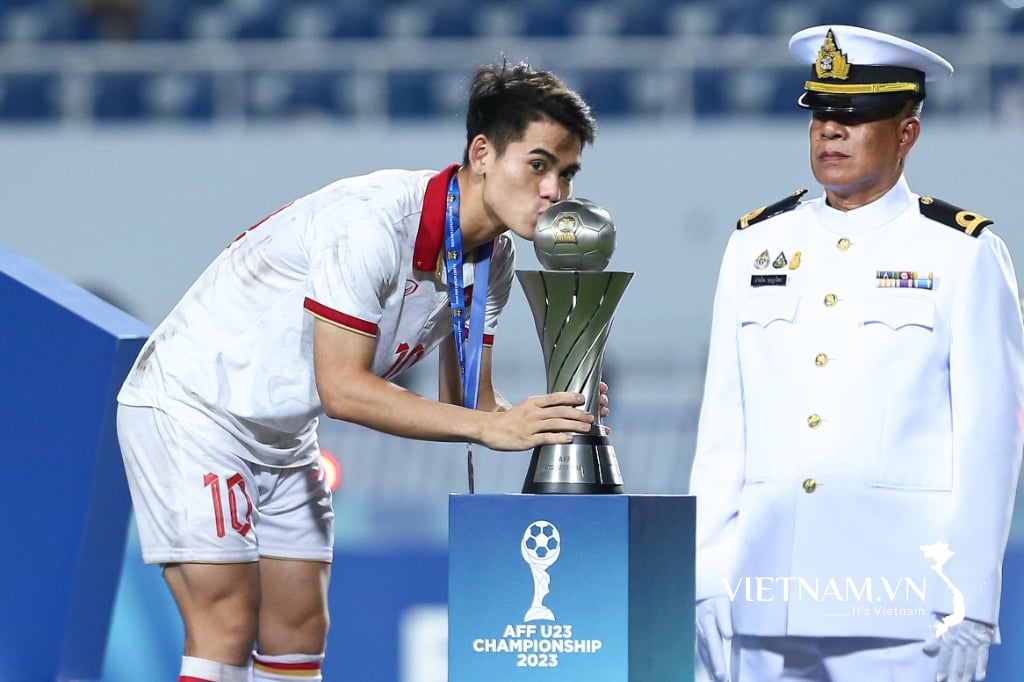
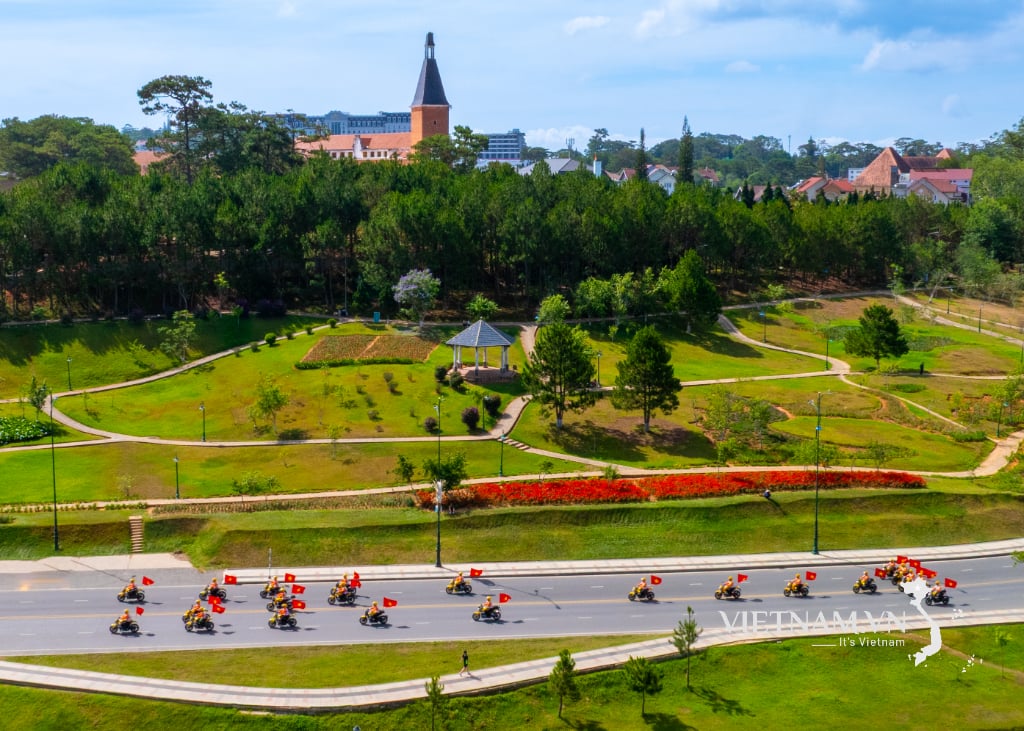

Comment (0)